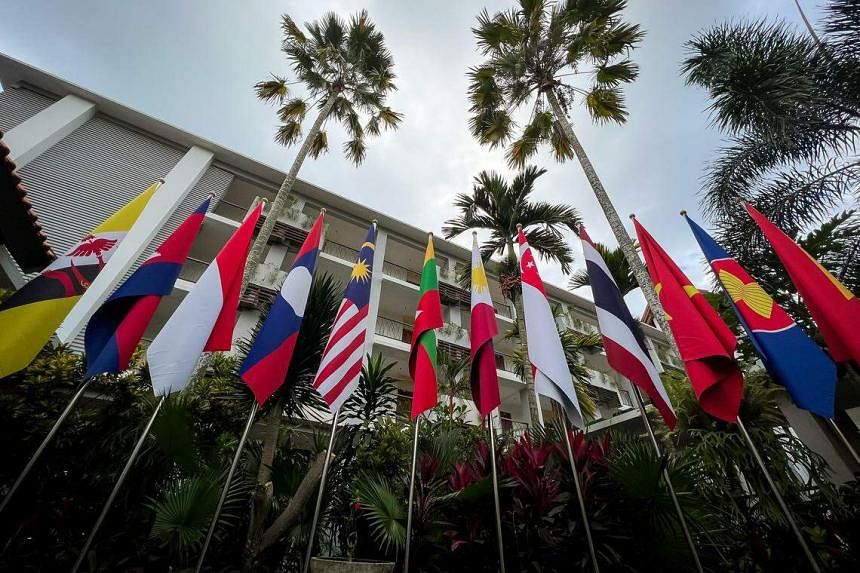Global Courant 2023-05-12 16:20:00
LABUAN BAJO — ASEAN should focus on finding ways to implement the peace plan it agreed with Myanmar, rather than questioning its validity, experts said, adding that it was the more effective way to implement it violence in the restive nation.
The plan, called the Five Point Consensus (5PC), was drafted by Asean in April 2021 to try and resolve the crisis caused by the Myanmar military’s coup d’état in February of that year, which has since killed thousands of civilians and hundreds of thousands displaced.
But at the 42nd ASEAN summit, which ended on Thursday, its current chairman, Indonesian President Joko Widodo, admitted no significant progress had been made and called for unity in the bloc.
Observers said several member states have recommended easing sanctions against Myanmar’s generals and allowing more of its top diplomats to attend the summit. Only non-political representatives were invited to some of these meetings over the past two years.
“The challenge is not to abandon or replace the 5PC, but to produce a workable implementation framework for the 5PC with all stakeholders in Myanmar and ensure that Asean’s approach does not change in any given year, depending on who the chairman is,” Dr. Evan Laksmana, a senior fellow for Southeast Asia Military Modernization from the IISS-Asia think tank, told The Straits Times on Friday.
The peace plan calls for dialogue between all parties, an immediate cessation of violence in Myanmar, the appointment of an ASEAN special envoy to facilitate mediation, humanitarian aid and a visit by an ASEAN delegation to Myanmar to bring all parties involved to meet.
At the end of this week’s summit, Mr Widodo had strong words for those critical of the bloc’s approach in Myanmar, saying that deals with the country were underway. Indonesia said last week it had organized more than 60 appointments on the Myanmar crisis, without giving many details.
While this effort is commendable, the question remains as to the purpose of more contacts with more stakeholders, as these have yet to produce concrete results, while the violence continues, said Dr Lina Alexandra, head of the International Relations Department of the Center for Strategic and International Studies.
Questions about the validity of the 5PC are “ineffective” as the plan has not yet had a chance to even be tested, and she said Indonesia actually has a chance to “show leadership” by putting it into practice.
“Time is ticking and the presidency of Indonesia will end in six months, but the crisis in Myanmar will not be resolved by then. If Indonesia can get ASEAN to release the implementation plan consisting of practical, concrete and measurable steps for 5PC, it can show its strong leadership in the region,” she said.
Ms. Joanne Lin of the ISEAS-Yusof Ishak Institute said there is a sense of disappointment within the bloc over the lack of progress in Myanmar. She highlighted how the need for a 5PC implementation plan was clearly stated last November by leaders following a review, but no timeline or specific steps forward have been set since then.
“I think the region needs to understand that ASEAN does more than just provide humanitarian aid, although it is clear that a lasting solution requires approval from within (Myanmar),” she said.
“A simple report from the chairman, showing engagement with Myanmar’s stakeholders or the international community on this issue, would have been the least Indonesia could do to show the region of its efforts.”








